Last week, we talked about Daura. Author Anukrti Upadhyay’s debut work of fiction, published by 4th Estate Books (an imprint of Harper Collins), comes with a companion novel, Bhaunri, set in the villages of Rajasthan, the story of a fierce young woman who loves her man and will go to any extent to make him complete his.
We encourage you to buy books from a local bookstore. If that is not possible, please use the links on the page and support us. Thank you.
Is this love?
Like Daura, the essence of the desert, the freedom that its expanse promises, the hardiness and the sensuality – all are at the heart of the story of Bhaunri. The book opens with the story of Bhaunri’s mother, a woman who left an old husband because he could not sexually satisfy her, for a wandering Lohar (ironsmith). Their relationship, portrayed as a marriage of equals, is a powerful opening to a story that talks about the clash of wills, sexual tensions, and eventually, also, an inequality that sustains social life.
Bhaunri, who grows up in a house of equals, is sent to the home of a childhood husband who does not love her at the beginning, who keeps a paramour, and Bhaunri’s own inability to come to terms with it. Her actions in the book are at once toxic and empowering and the lines between right and wrong are highly blurred.
Upadhyay tries to justify toxic love in the desert with its obsessive undertones, whether it is of Bhaunri towards her husband, or of her father-in-law towards his now-dead sister-in-law, but it is not always easy to read it that way. The love story that does steal your heart is that of Bhaunri’s own parents, headstrong, yet balanced, passionate and calm.
Female first, but males too
Whether it is the explicit songs the women sing at the time of a wedding or the headstrong lead woman who will neither fear the men for their physical strength nor for their place in the social hierarchy, this is a book about all shades of rural women, but also about the men.
The many-layered characters make for an interesting read, flawed as they are and often can make the reader flinch and cringe. Most of the time, men and women play their roles; the woman listens and bears, and the man speaks and inflicts. It is tempting to want to judge portrayals – the macho, wrestler husband, the father-in-law who leaves no opportunity to boast of his superior manliness, the mother-in-law who bears her philandering husband silently. But Bhaunri is different and vocal and in her, feminism takes on a shade uncoloured by the corporate setting we have seen it play out in, and that difference creates the disturbances that lie at the crux of this story.
But at the end of the day, it is a story and at that, it excels. The sounds and sights of the Thar desert, their traditions and their routines, (such as those of a travelling chronicler of village history or the travelling tribe which died protecting their king) come richly alive neither glorifying the idyll nor sitting in judgement upon it, although the use of the vernacular is lesser in this one compared to Daura, which works against it. So while in some instances, Bhaunri calls her father-in-law, ‘sasar’, in others, he is addressed as ‘father-in-law’. Her husband though is fittingly, ‘Dhola’ or another such pet name, and her mother-in-law, ‘Mai’.
Above everything, Upadhyay’s writing wins. It is raw so that when Bheema and Bhaunri are making love, you feel it, and you also feel rage at the entitlement of the males, you feel joy at the triumphs of our lead heroine and pain at her sorrows as well as the mother-in-law. And for that, this is worth a read.
Favourite Quote:
You advise me, father-in-law, but what about him? is a man taught about the kind of love that keeps a woman, that makes her eyes droop, not because she wishes to please him, but because she is pleased in her heart? Do men only know the khota kind of love, spurious like a gilt ornament, which only pleases the eye for a few days? Not the real kundan which shines brighter as time passes? Don’t teach me about love, father-in-law. What do you know about it? Your wife trembles at your footstep. That is not love. Love doesn’t fear anything, it doesn’t even fear losing itself.
Recommended For: Those that want to realize the many grey shades of love, in an absolutely desi environment.
*Purple Pencil Project received a copy of this book from the publishers. This has in no way affected the review itself. Purple Pencil Project promises to maintain objectivity in all its content.











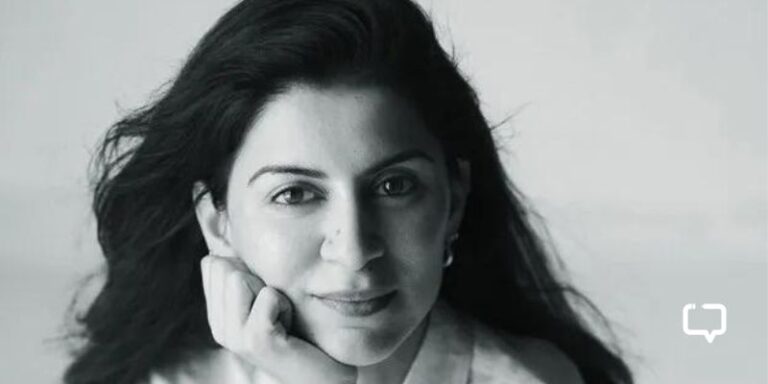
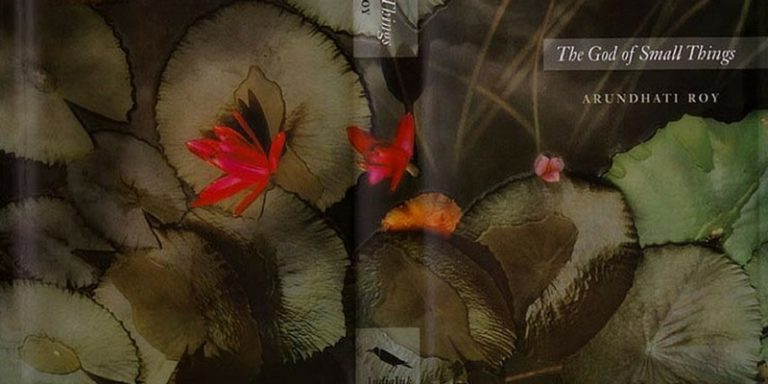

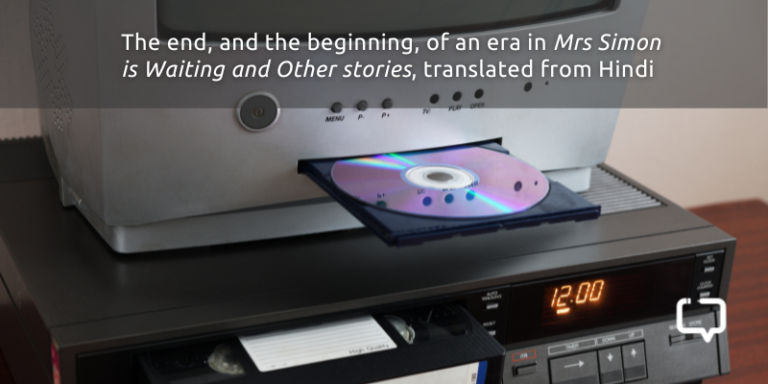

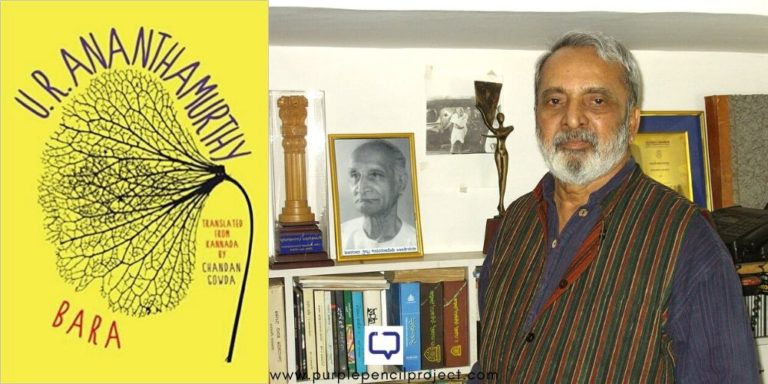
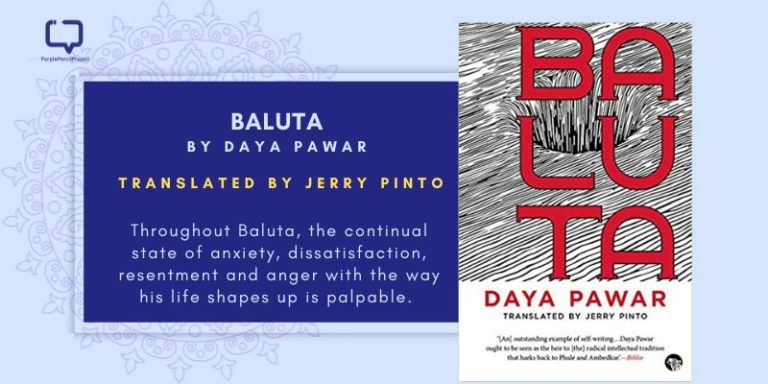


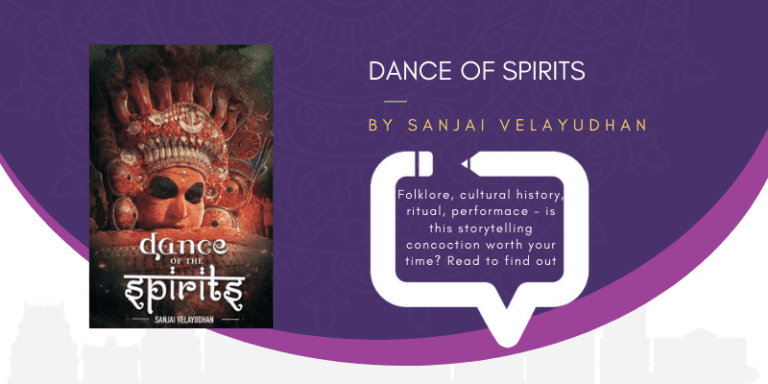



2 Responses
A lovely review of this short, powerful read. It is definitely a page turner and the characters are so beautifully constructed, appear real and flawed. Loved the last line summation provided of this book.
Totally agree!